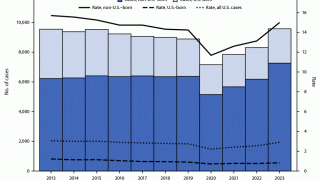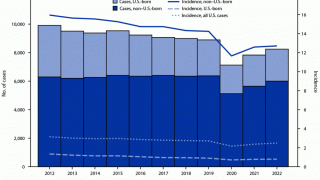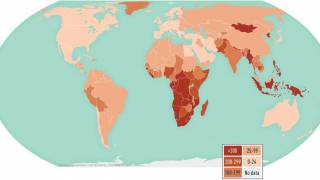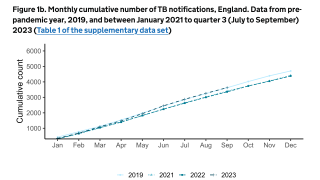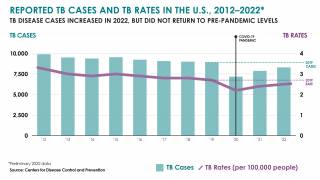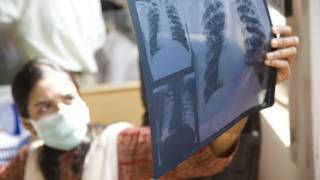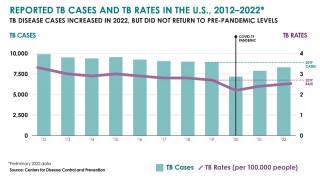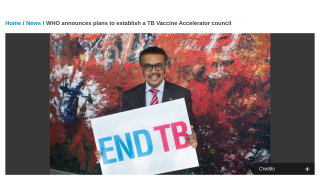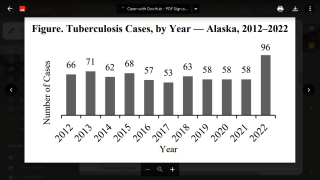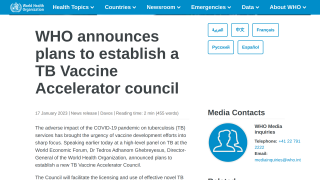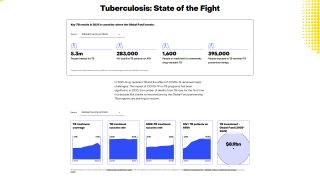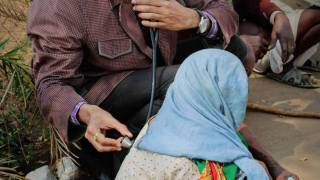India Launches Extensive Tuberculosis Vaccine Study

The Indian Council of Medical Research (ICMR) announced it has launched India’s first large-scale clinical study for new tuberculosis (TB) vaccines.
This is important news for 2 reasons, which are:
- India reports 27 percent of the global TB burden
- The Bacille Calmette-Guerin (BCG) vaccine is over 100 years old and is partially effective in protecting young children, particularly from the most severe forms of TB
The TB vaccines included in this new clinical study offer a chance to contain the accelerating spread of multi-drug resistant TB. Treating TB requires a multi-drug course of treatment lasting up to 6 months, and longer when treating drug-resistant TB.
The vaccines being tested in this study are Immuvac and VPM1002. Both vaccines are being manufactured by Indian pharmaceutical companies.
VPM1002 is a genetically modified BCG vaccine derived from the Mycobacterium bovis BCG subtype Prague characterized as rBCGÄureC::Hly+, and is administered intradermally.
According to reporting by the Indian Express Dr. Manjula Singh, co-investigator and coordinator of this study, said ‘there has not been a Phase 3 study involving TB vaccines.’
The study’s goal is to evaluate the efficacy of both the vaccines by comparing the reduction in the incidence of TB over a 3-year period.
The study in India will involve enrolling 12,000 healthy household contacts of newly diagnosed pulmonary TB patients. The candidates will be enrolled from across six states.
The study’s participants will be at high risk of contracting TB, and will be vaccinated in a double-blind manner with either one of the vaccines, and compared with placebo for its efficacy.
Depending on the results, the recommendations would be sent to the Union Ministry of Health and Family Welfare.
Tuberculosis s caused by a bacterium called Mycobacterium tuberculosis, says the US Centers for Disease Control and Prevention (CDC).
The bacteria usually attack the lungs, but TB bacteria can attack any part of the body such as the kidney, spine, and brain. Not everyone infected with TB bacteria becomes sick.
As a result, two TB-related conditions exist, which are latent TB infection and TB disease. If not treated properly, TB disease can be fatal.
A total of 9,105 TB cases were reported in the United States in 2017, the lowest case count ever recorded by the CDC.
In the United States, the BCG vaccine should be considered for only very select people who meet specific criteria and in consultation with a TB expert. And, BCG vaccination should only be considered for children who have a negative TB test and who are continually exposed, and cannot be separated from adults who are:
- Are untreated or ineffectively treated for TB disease, and the child cannot be given long-term primary preventive treatment for TB infection; or
- Have TB disease caused by strains resistant to isoniazid and rifampin.
People who were previously vaccinated with BCG may receive a TB skin test to test for a TB infection. A positive reaction to a TB skin test may be due to the BCG vaccine itself or due to infection with TB bacteria.
TB blood tests, unlike the TB skin test, are not affected by prior BCG vaccination and are not expected to give a false-positive result in people who have received BCG.
Ending TB requires maintaining and strengthening current TB control priorities while increasing efforts to identify and treat latent TB infection among high-risk populations.
>> Private TB Testing Service <<
Distinguishing the numbers of cases attributed to recent transmission from those likely due to reactivation of longstanding, untreated latent TB infection is one of many tools state and local TB programs can use to design and prioritize effective public health interventions, says the CDC.
Our Trust Standards: Medical Advisory Committee
- Study to Check the Efficacy and Safety of Recombinant BCG Vaccine in Prevention of TB Recurrence in India
- India TB Report 2018
- India launches large-scale trial of two new TB vaccines
- History of BCG Vaccine
- A brief history of vaccines & vaccination in India
- Vaccines for Leprosy and Tuberculosis: Opportunities for Shared Research, Development, and Application
- CDC: Tuberculosis (TB) Data and Statistics



